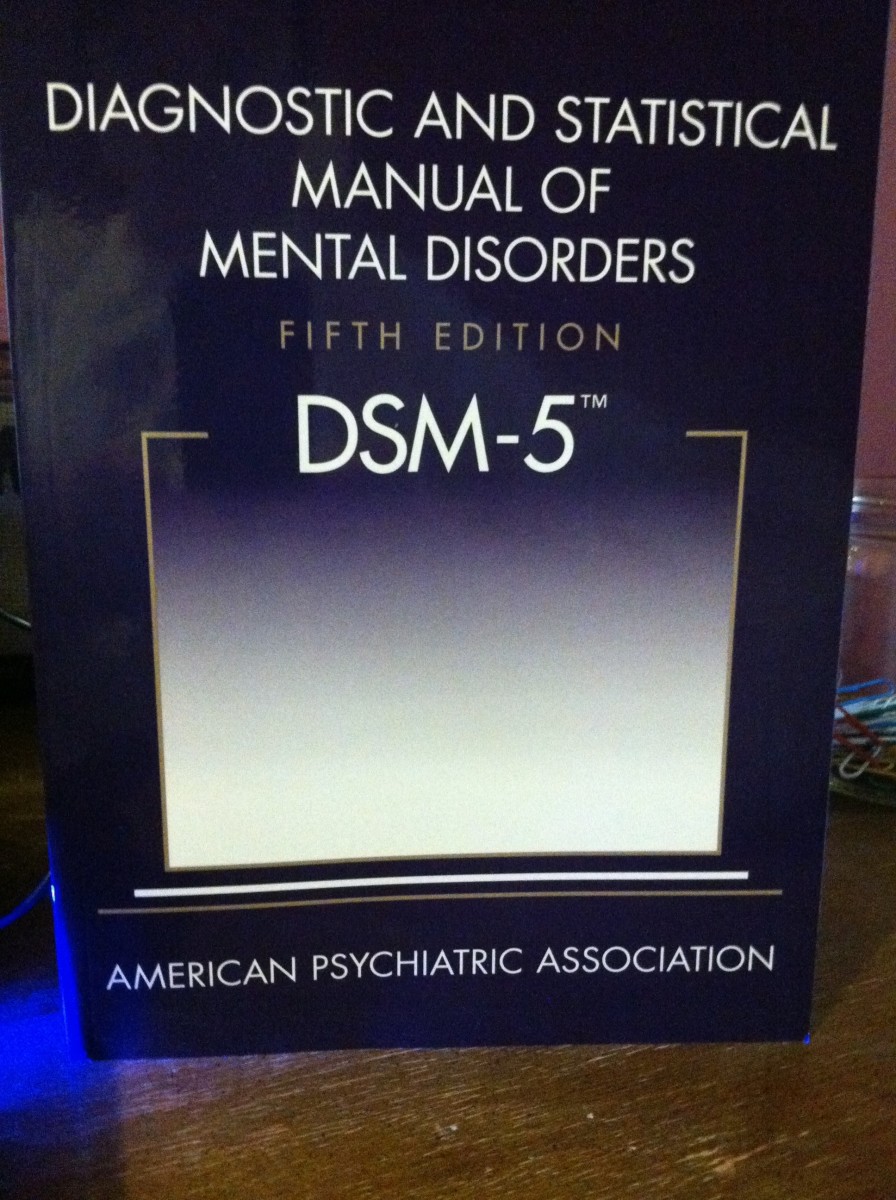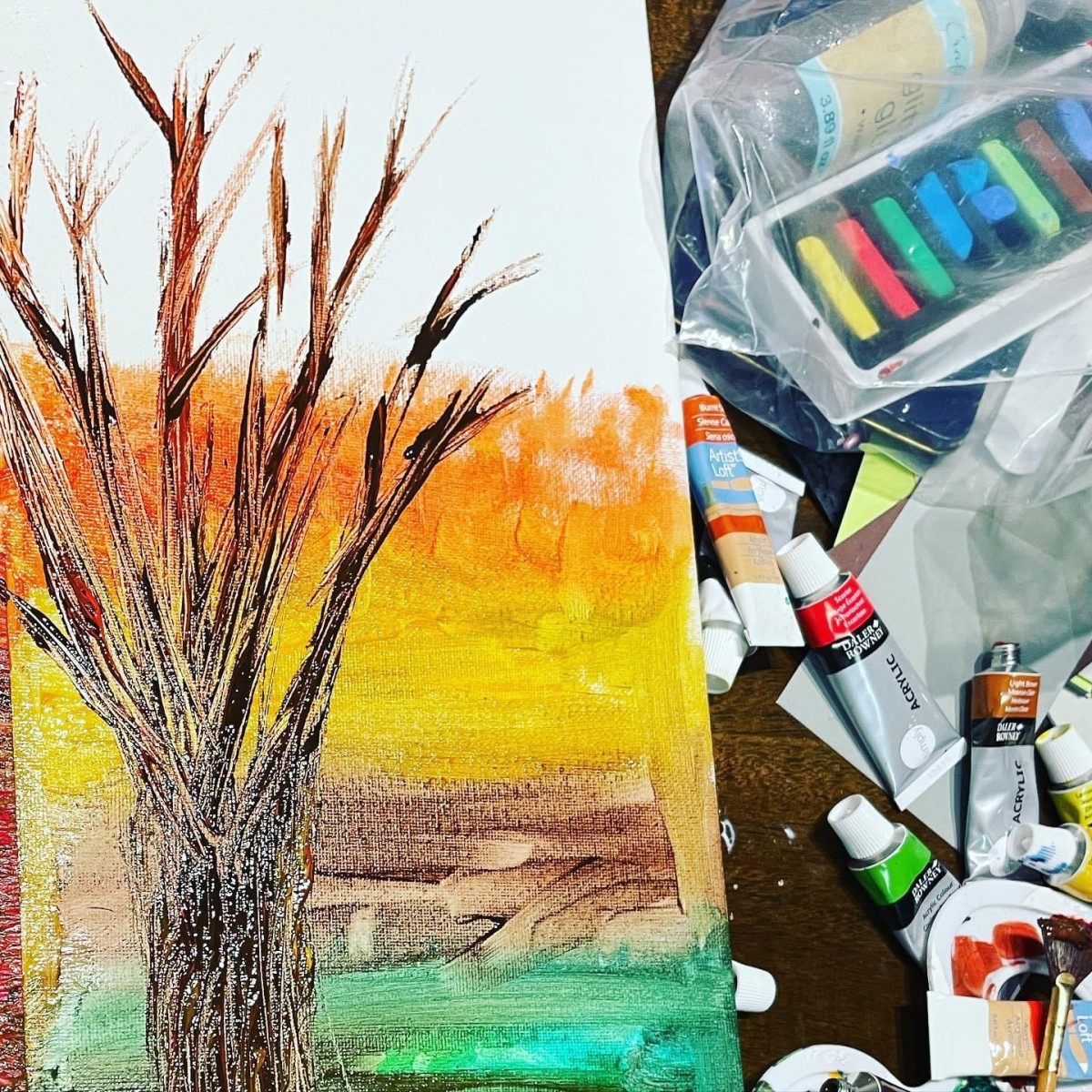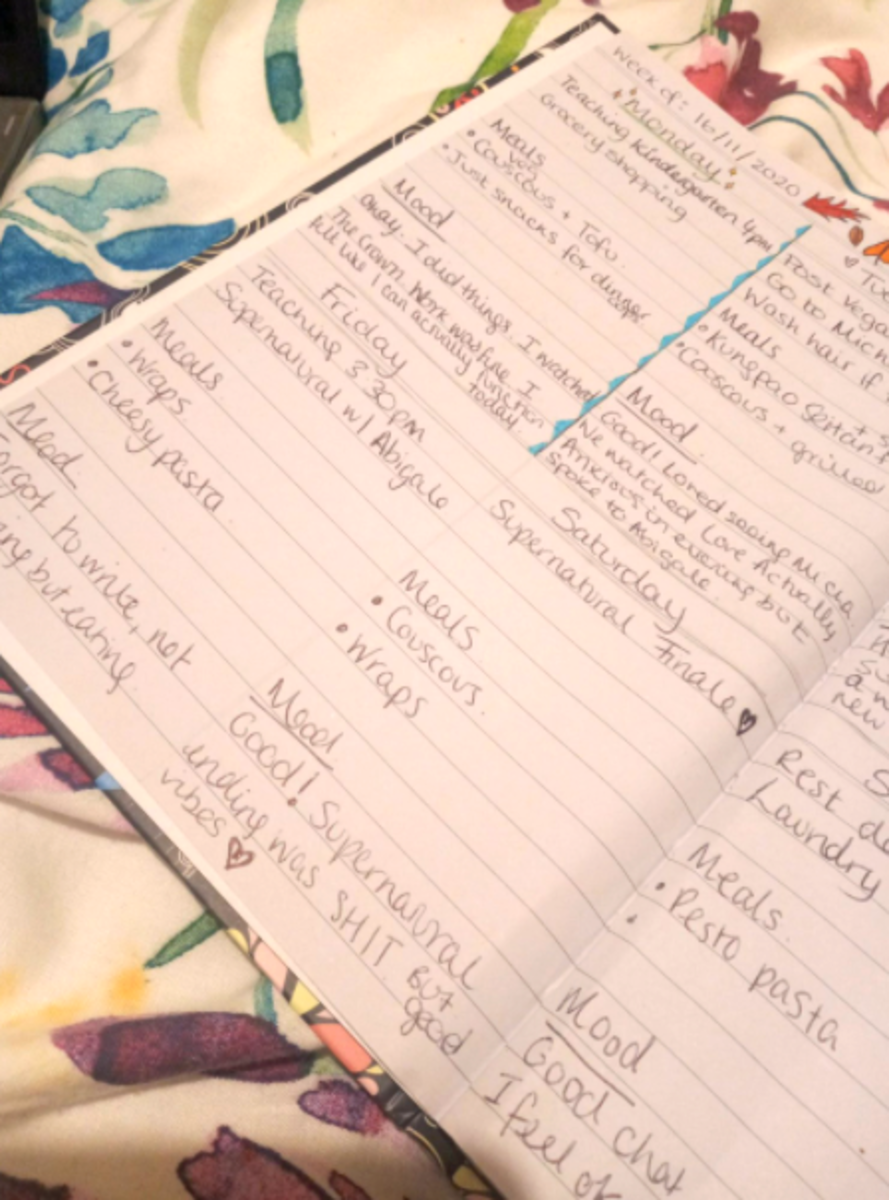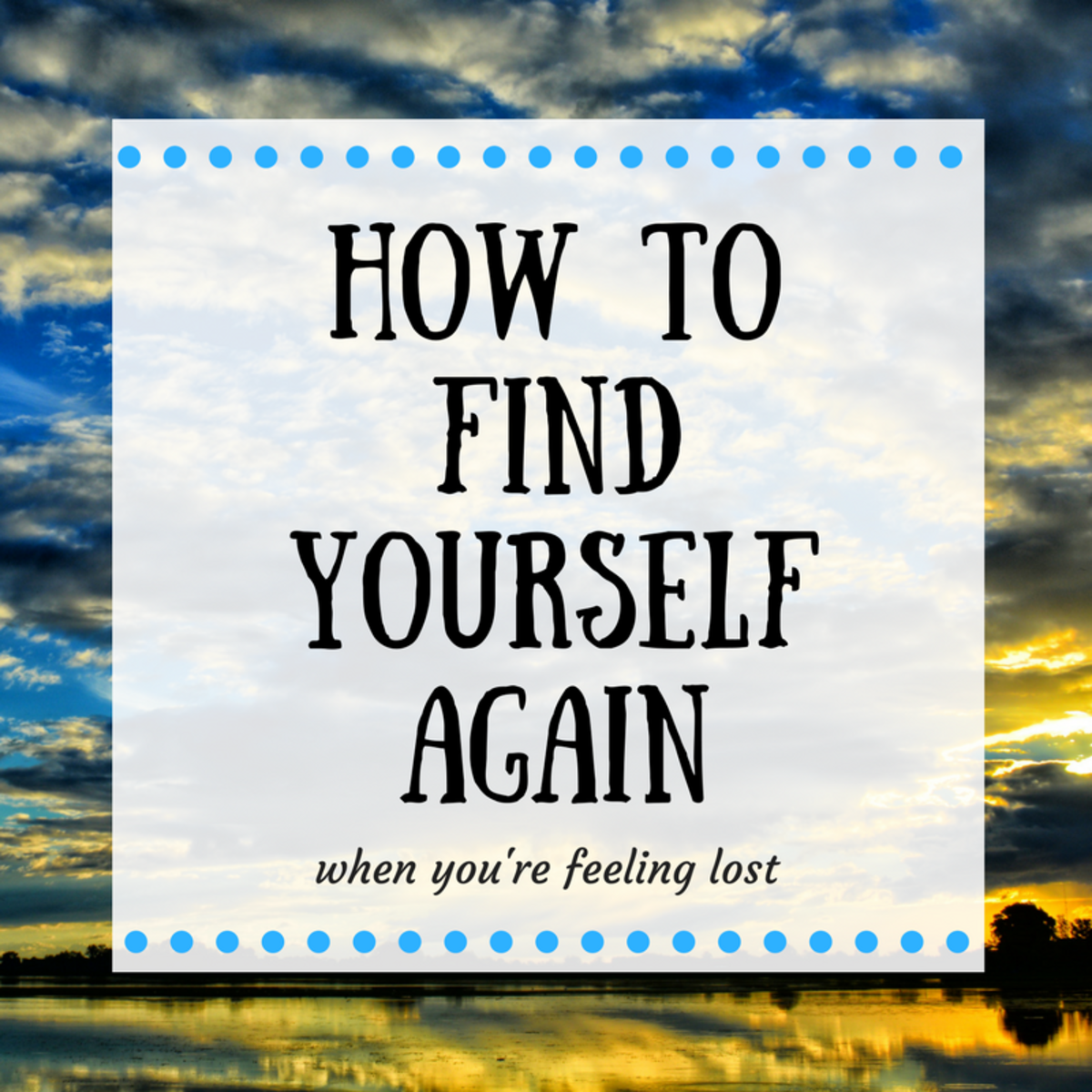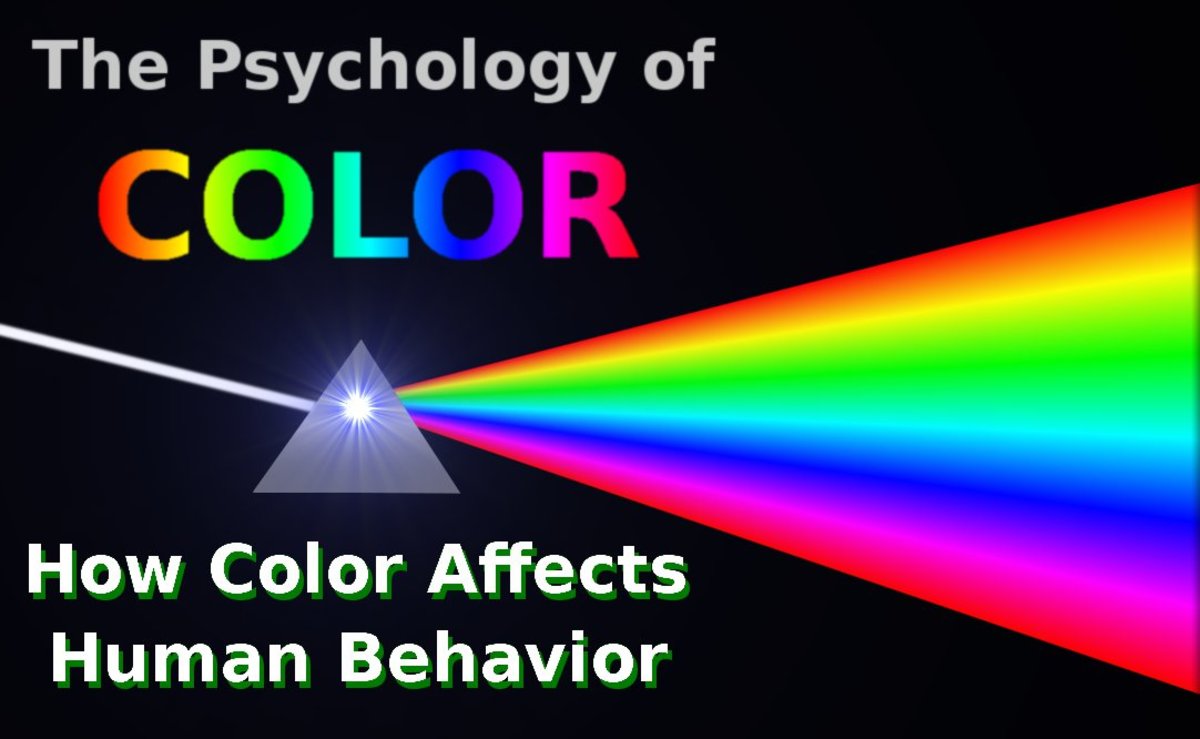Mental Health: It's Time to Go From Ignorance to Action
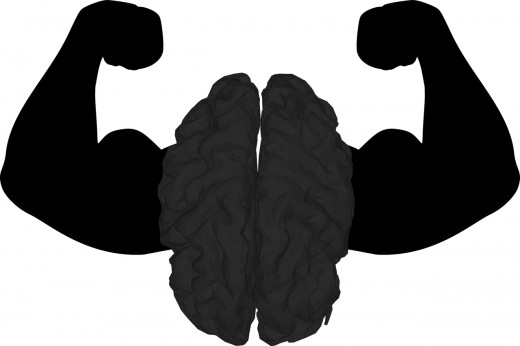
October 10th was World Mental Health Day. People and companies around the world are becoming increasingly aware of the "crisis" in the field of mental health.
Because it's a crisis, more than 300 million people struggle with depression, and every 40 seconds, a self-driving person puts an end to his life. In a report last year, the Guardian captioned it: "People are experiencing a mental health crisis, experts say."
When an issue becomes so severe that it becomes scary, it is easy to freeze and feel helpless. That is why there is no better time for it to go from ignorance to knowledge, through easy and actionable steps to protect our mental health. Because we all want and need help to take action!
91% of Americans say they ignore or do not recognize the warning signs of severe stress and that it negatively affects their mental health, according to a survey, conducted on more than 2,000 Americans ages 18-85. Nearly ¾ of the participants stated that they would like to know small and daily steps to improve their mental health, while almost half said they did not know where to start in terms of stress management.
The goal is to help each of us recognize the warning signs so that we can seek the help we need, make the necessary changes, and live the life we want without having to compromise.
There have been various crises in the past, where the evidence was in front of our eyes and was unbiased. However, people, businesses, and society as a whole have waited too long to take action. We see it now with climate change or with our dependence on social media and video games.
We are ready for change
The good news is that we are ready for change. Years of campaigns have brought the issue of mental health to the forefront, and everyone is talking about it: schools, police stations, and prominent personalities - from pop stars and politicians to heroes and members of the British Royal Family share their own story and their own the struggles to drive the stigma away.
But what does this change mean? How do we move from ignorance to action? In the context of a global crisis, what can each of us individually do realistically?
The answer comes from science. Researchers at Stanford Medical School are revolutionizing how we realize our stress levels, encouraging us to take action to manage its impact on our daily lives.
We cannot eliminate stress. But we can learn how to manage it.
The eight biotypes
Dr. Leanne Williams, director of Stanford's Precision Mental Health and Wellness Center, using exclusive brain imaging technology, has identified eight types of "connections" that appear in our brains when we experience severe anxiety, which we feel we cannot control, called biotypes. If we manage to understand the thoughts, feelings, and patterns associated with each of these biotypes, we can understand when we are suffering the most, but also what will help us cope with anxiety and depression.
Try to recognize the signs in you. You're already doing it in terms of your physical health. If you start coughing or sore throats, you know that you might get sick. And you know there are things you can do to prevent it.
But to this day, mental health has not been the same. That's why this moment is so crucial.
Everyone reacts to bad stress in their own way. For example, I have always tended to think constantly - to the point where I was obsessed - with negative experiences and mistakes. I have made dozens of speeches, and yet I still remember all those times I made a mistake in one of them, and I was fighting because I was not perfect - even though I'm sure no one ever noticed the mistake I made. It's like being trapped somewhere, and it affects my efficiency, concentration, and ability to find joy at any moment. All this is related to the "Rumination" biotype - Continuous Negativity.
The way we work and live causes stress. And we are used to living and working like that, without ever taking a break.
How to improve our mental health
The mental health crisis is inextricably linked to the stress epidemic. And while stress alone is not necessarily a bad thing, when it does accumulate, it affects our mental health. And the problem is that the way we work and live causes stress and gets accumulated. And we're used to living and working like that, without ever taking a break to discharge and recharge our batteries. And not only that. We have made the definition of success around it. A definition of success that seems right for a while - until it turns out to be completely wrong.
That's why it's so important to know more about us. Because when we know ourselves - the sources of our anxiety, the way we respond, and everything that discharges us - we can reduce the damage. We cannot eliminate stress. But we can also learn how to manage it. And so can any of our mental health challenges.

